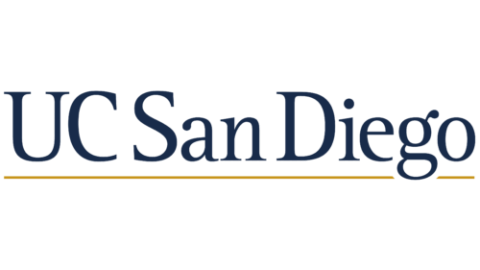Summer School in Computational Physiology
The annual summer school is designed to give graduate students the opportunity to perform cutting edge research with the world's leading researchers in their fields.
Key points
- Students spend 2 weeks of formal lectures and project work in June at Simula (Oslo, Norway), followed by 1.5 weeks of workshops, joint project work, and a final presentation in August at the University of California, San Diego (La Jolla, USA).
- 10 ECTS from University of Oslo.
- There is no registration fee. Accommodation and most meals (breakfast/lunch in Oslo and all meals in San Diego) are included. Flights are not included except in cases of financial need.
- Varied and engaging social activities are arranged.
2026 Dates
- 15 - 26 June (Oslo, Norway)
- 3 - 11 August (San Diego, CA, USA)
Overview
This school includes both targeted research lectures and a practical project component. The lectures will be conducted over 2 weeks in Oslo from 15 - 26 June. In the final two days of this Oslo period (25 - 26 June), students will be assigned and begin working together with a supervisor and several other students on a group research project in their area of interest. They will write up the project methods and results during the second half of the school, which will be held in San Diego from 3 - 11 August.
The material covered by this summer school will focus on fundamental principles of mathematical modeling in electrophysiology and biomechanics. Specifically, the lectures will address cellular and subcellular biophysical processes responsible for electrical activation in cardiac muscle cells and neurons, frameworks for tissue scale electrical signal propagation, and cellular- and tissue-level contractile mechanics in the heart. Since the final part of the course will be a small research project, the students will also be introduced to the required materials and use numerical methods and software tools for computational modeling based on differential equations. See course details for more information.
The summer school is tailored to first- and second-year Ph.D. students and MSc students; students from third-party institutions, as well as both host Universities, are encouraged to apply.
Course enrollment will be limited. There is no registration fee for the course. It is expected that students will find funding for travel to Oslo and San Diego through their home institutions/research groups, but travel grants are available to those with exceptional need. Accommodation will be provided free of charge. (Note: students should expect to cover the cost of some of their meals, as well as any leisure activities and travel).
Motivation & Support
The University of California, San Diego (UCSD) has promoted long-standing research collaborations with the University of Oslo (UiO) and Simula Research Laboratory (Simula), focused on multiple aspects of computational physiology. This joint summer school, now in its 12th year, has emerged based on the complementary expertise and shared educational goals of these three institutions.
The core goal of the summer school is to promote successful research collaboration between the host institutions, with particular emphasis on the training of excellent Ph.D. candidates.
The annual Summer School in Computational Physiology in organised as part of the SUURPh program, with additional support from the following: course details






Course Information:
